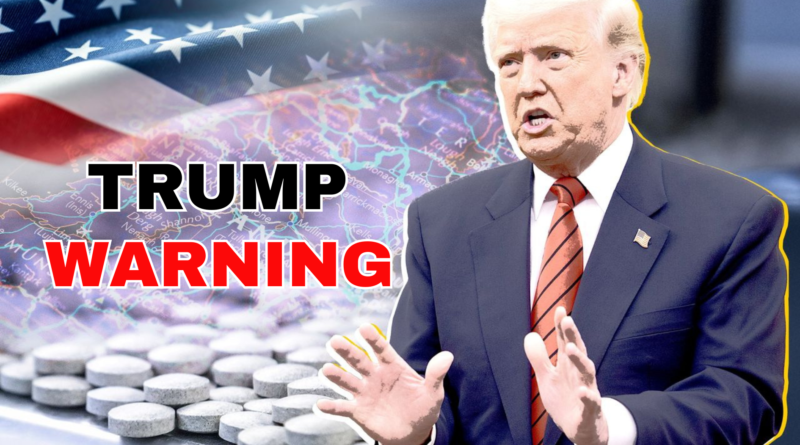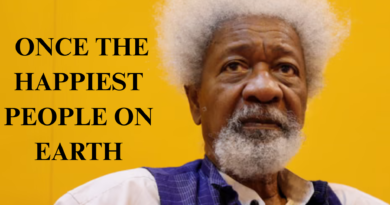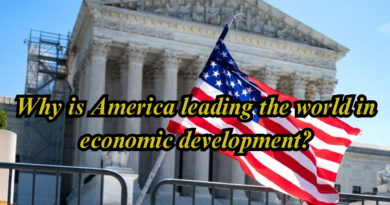TRUMP CALLS OUT PHARMA GIANTS, PUSHES FOR PRICE CUTS
In a bold move that reignited his long-standing battle with the pharmaceutical industry, U.S. President Donald Trump has publicly called out several major pharmaceutical executives-including Indian American CEO of Novartis, Vasant Narasimhan-urging them to drastically reduce drug prices in the United States. The announcement, made during a press conference at the White House, is part of Trump’s renewed efforts to address the high cost of prescription drugs, which has remained a hot-button issue for American voters.
President Trump specifically pointed to Vasant Narasimhan as a key figure with the power to drive change within the global pharmaceutical sector. As the CEO of Swiss-based Novartis, one of the world’s largest drug manufacturers, Narasimhan was described by Trump as someone who “has the resources, the knowledge, and the moral obligation to help American families.” The president emphasized that international companies operating in the U.S. market must be held accountable for pricing that impacts American patients.
During the address, Trump criticized what he called the “greedy pricing strategies” of Big Pharma, arguing that companies have for too long prioritized profits over patients. He alleged that many firms have colluded to keep prices artificially high, particularly for life-saving medications such as insulin, cancer treatments, and cholesterol drugs. “We won’t tolerate this anymore,” Trump said. “American citizens should not be paying two to three times more than people in other countries for the exact same medication.”
The president proposed a framework of new federal guidelines that would force pharmaceutical firms to disclose pricing structures, development costs, and profit margins. Trump hinted at the possibility of executive orders or legislative action that could limit patent protections and open up competition from generic drug makers. Such a policy shift could potentially reshape the industry and exert enormous pressure on multinational firms like Novartis, Pfizer, and Johnson & Johnson.
Vasant Narasimhan, known for his forward-thinking leadership and focus on innovation, has not yet issued a formal response. However, insiders say that Narasimhan has been advocating internally for increased transparency and value-based pricing. His leadership at Novartis has included investments in AI-driven drug discovery and streamlining the company’s global operations to improve efficiency and affordability. Whether he aligns publicly with Trump’s call remains to be seen.
Many healthcare experts see this development as a potential turning point in U.S. pharmaceutical policy. While critics argue that government intervention could stifle innovation, supporters of Trump’s campaign assert that the industry needs regulation to prevent exploitation. Patient advocacy groups applauded the president’s remarks, noting that countless families have suffered due to exorbitant drug costs.
The stock market reacted cautiously to the announcement. Shares in some pharmaceutical firms dipped slightly, with analysts warning of increased volatility if the administration follows through with aggressive pricing reforms. Meanwhile, Democratic leaders have expressed tentative support for parts of Trump’s initiative, signaling the possibility of bipartisan cooperation on the issue.
This isn’t the first time Trump has taken aim at Big Pharma. In his previous term, he introduced policies such as the “Most Favored Nation” rule, which sought to link U.S. drug prices to those paid in other developed countries. Though those efforts faced legal challenges, they demonstrated the administration’s willingness to confront powerful pharmaceutical lobbies.
As the 2026 election season nears, Trump’s latest move could resonate with working-class voters who have long struggled with medical debt and out-of-pocket expenses. With prominent figures like Vasant Narasimhan now in the spotlight, the pharmaceutical industry may be facing one of its most consequential reckonings in decades.




